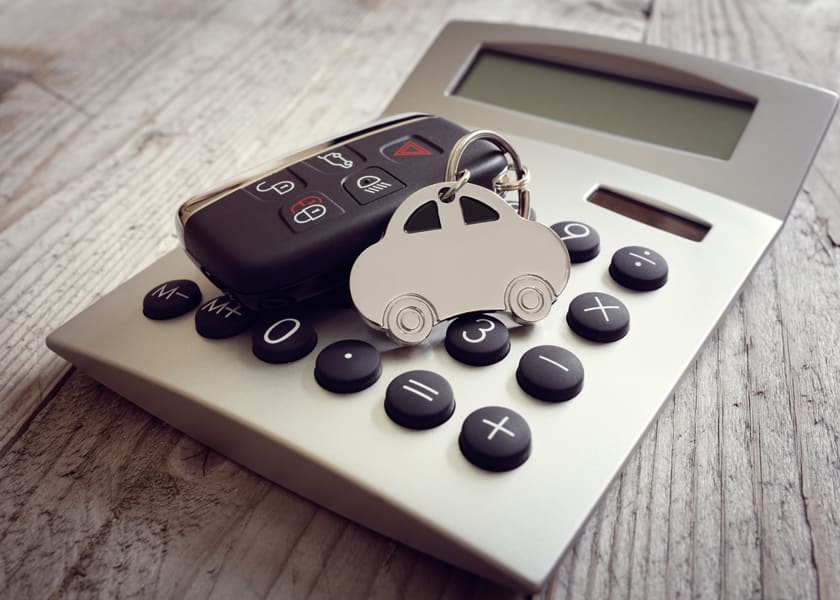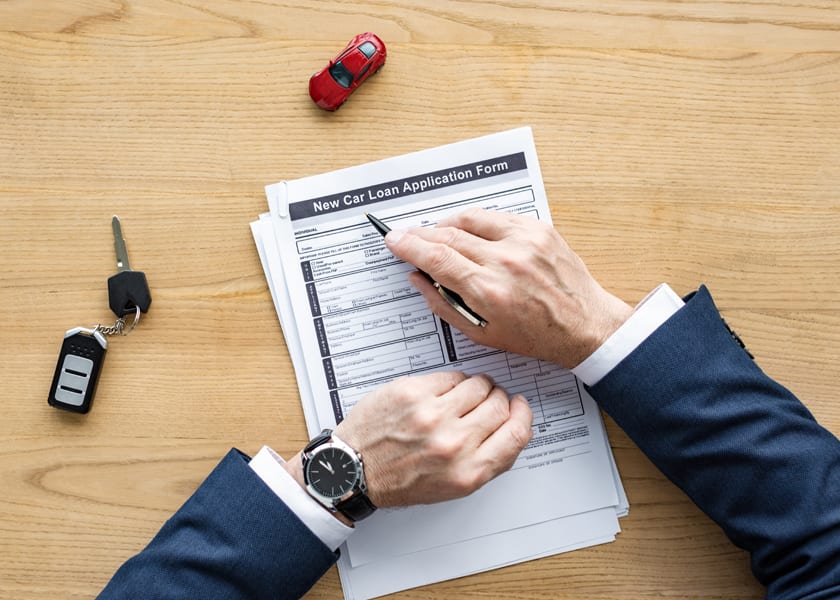What is a Car Loan?
Auto loans are loans that allow you to purchase a new or used car. This is the most common type of loan, although it is possible to finance other big-ticket items like boats and motorcycles. Auto loans generally only require a down payment of 10% - 20%, less than half of what you would need for a boat or motorcycle. The vast majority of auto loans are four years, although shorter-term loans are available.
Should I Get a Car Loan?
Do you want to buy a car but do not have enough money? Are you looking for the cheapest way to get a car right now and all your credit cards are maxed out? Is it time for your current car loan to end, but you still owe more than what the vehicle is worth? Or maybe you need extra cash and want to refinance your current car loan. All these situations can be remedied by taking out one of many options such as a short-term loan or refinancing. These options should only be considered if there is no other alternative and not used as an upgrade or luxury purchase.
Car loans should always be considered as a last resort. If possible, save up money and pay in full for a vehicle. Cars are expensive and the average car loan is more than $30,000 and takes more than four years to pay off. Even an older car can cost thousands of dollars and require several months or more to repay.
There are a few good reasons to even consider taking out a car loan:
1. You Have No Choice
If you need a car immediately, you may not have any other option but to take out a car loan with high-interest rates because most traditional means of buying vehicles do not allow for immediate payment (such as putting it on your credit card which would also incur interest).
2. Your Credit is Perfect
Unfortunately, many people think that if they have fantastic credit, it does not matter what they do, they will always be approved for loans. This is not the case and if you think that your credit score is too high to ever drop then you are quite wrong. It only takes one missed payment to destroy years of good credit, so it is best to understand the commitment associated with car loans before taking out a loan.
3. You Can Afford Payments
A new car costs more than $300 per month on average so if you can truly afford these payments or better yet, have some leftover each month after paying for your car, then there is no harm in spending this money. Otherwise, stay away from car loans unless absolutely necessary!
8 Money Savings Tips
Avoid the First Year
Car dealers and banks like to lure you in with low-interest rates and low monthly payments during the first year of a car loan. This is because it is much more likely that someone will miss these payments if they are too high or if they cannot afford them at all. Save yourself some trouble by avoiding this initial rate period because most likely, in future years when rates go up, you will be stuck in your contract unless you refinance again in which case, there is no guarantee that your new loan terms will actually save you any money!
Shop Around for Better Deals
Just as you would do when purchasing a car, always shop around when considering refinancing. By doing this, you are trying to get yourself the best possible deal, not necessarily tailored to your current loan but, rather, the best terms available. This means that you may need to sacrifice a few amenities or even how many miles are allowed on your vehicle during this time in order to get a better rate and lower monthly payments.
Watch Out for Early Cancellation Fees
Banks and lenders charge these in an effort to discourage people from refinancing too soon after receiving their loan. However, if interest rates rise within six months of getting approved for a car loan, it only makes sense to refinance! Your cancellation fee will be much less than it would cost you in interest by simply having to wait another 6 months before refinancing again when the higher rates apply.
Shop Around for the Interest Rates
Different banks and lenders usually have different interest rates. By simply shopping around, you can find a lower rate and save yourself some money in the long run. Many times, credit unions offer the best deals, and it will be worth your time to check them out because you may end up saving thousands of dollars over the course of your loan term.
Sell or Trade-in Your Current Car
Even if it is not running, you may be able to get a few hundred dollars for it and apply this money towards your down payment on a new car. This will help you get a better rate, lower monthly payments or even both!
Ask About Fee Waivers
Many times the fees to get things like an auto title transfer, car registration and other administrative fees can be waived if you are getting your loan through a certain bank or lender. Sometimes these banks have so much bought power that they are able to pass on these savings to you in the form of lowered interest rates or lowered monthly payments.
Avoid Costly Dealer Add-ons
When you purchase a car with bad credit, many dealerships try and bundle in extras like warranties and special finance services in order make more money off of you in one shot. This may work out well for them but what about you? By purchasing these things, you can easily be adding $1000s to your loan without knowing.
To avoid this and other dealership tactics that may influence your decision making just say no because if you cannot afford it now or in the foreseeable future, chances are good that you will not be able to afford it down the road no matter how low your monthly payments are.
Negotiate Free Roadside Assistance
A lot of car insurance companies charge extra for roadside assistance when actually most times they could negotiate this into their policy for free if they simply asked. Simply ask your agent to include this in any new policy or when renewing an existing one and save yourself some additional money on top of everything else.
Conclusion
The first step when considering any type of vehicle purchase should always be an evaluation of income versus expenses. Look at the cost of the vehicle, insurance, and interest rate if you plan on financing. If your income is not sufficient to sustain these payments for any reason at all, then do not buy a car with a loan!

Total Score
Consumer Interest
Products & Services
















